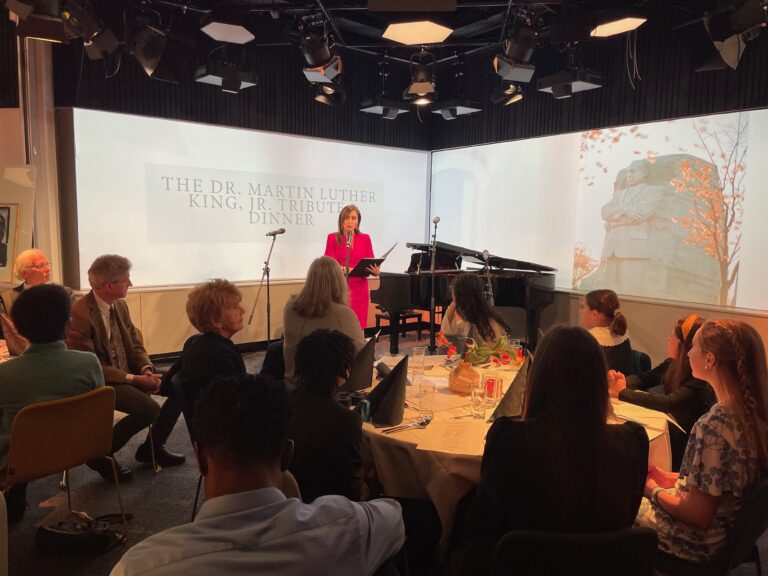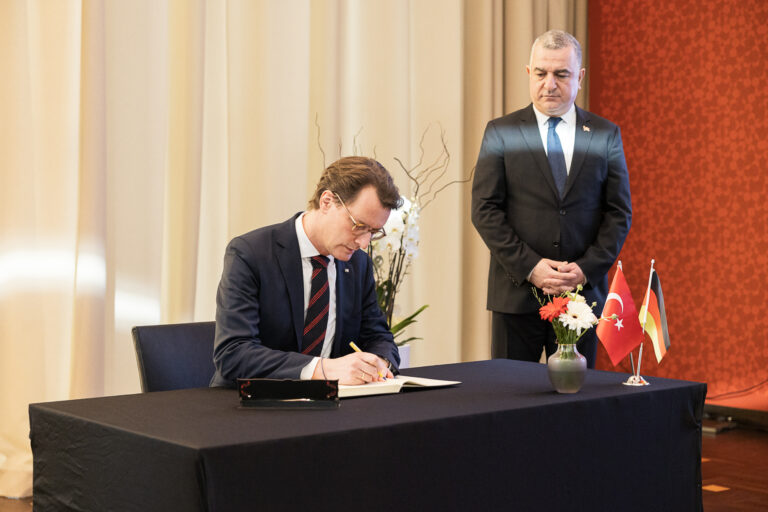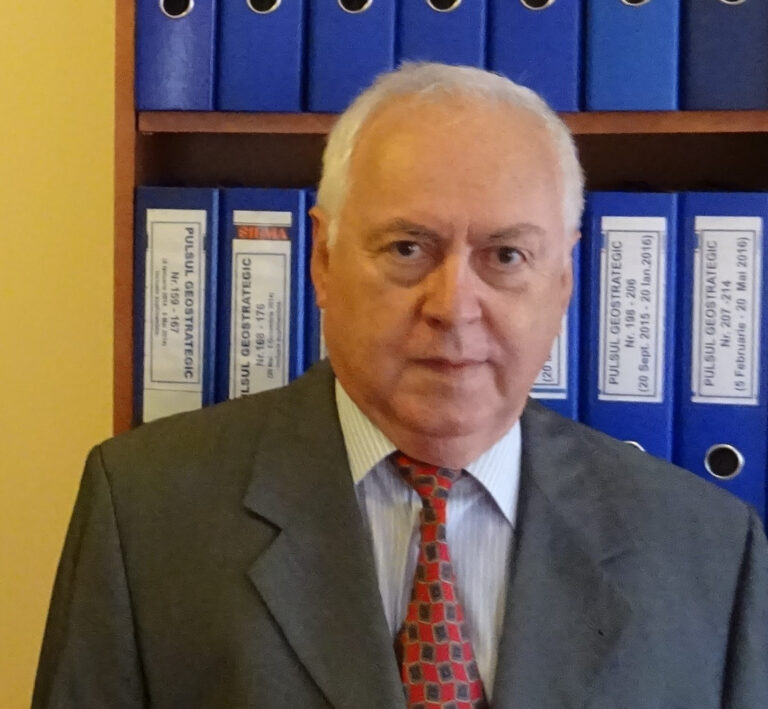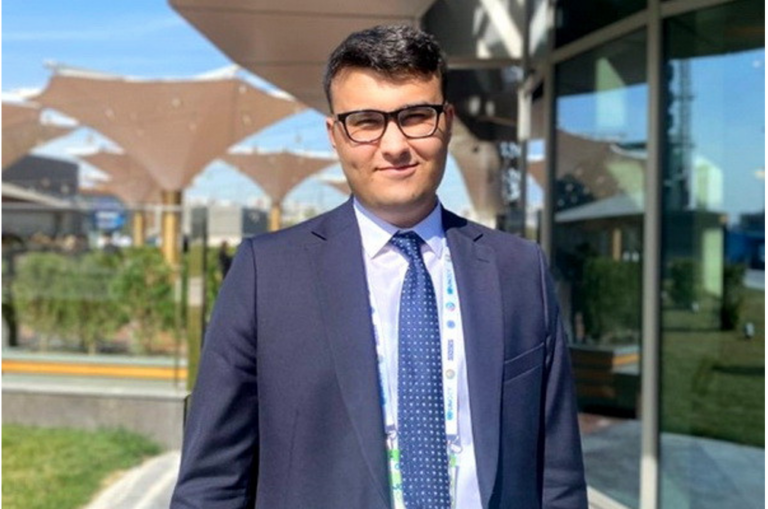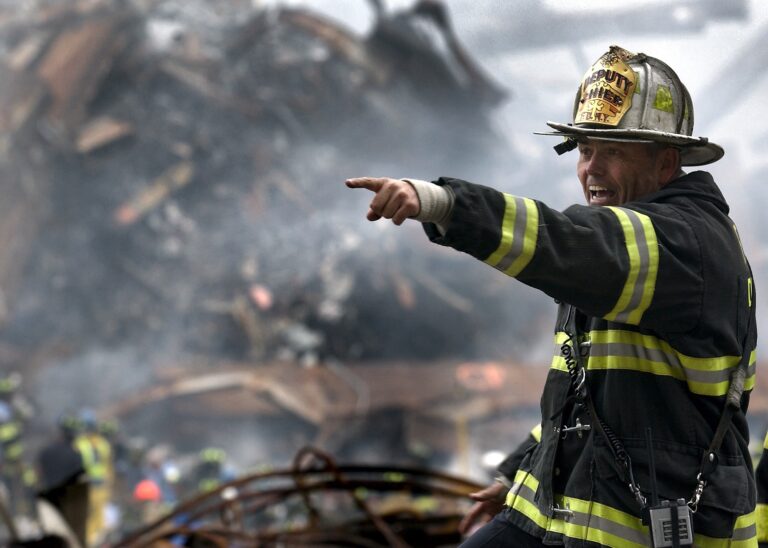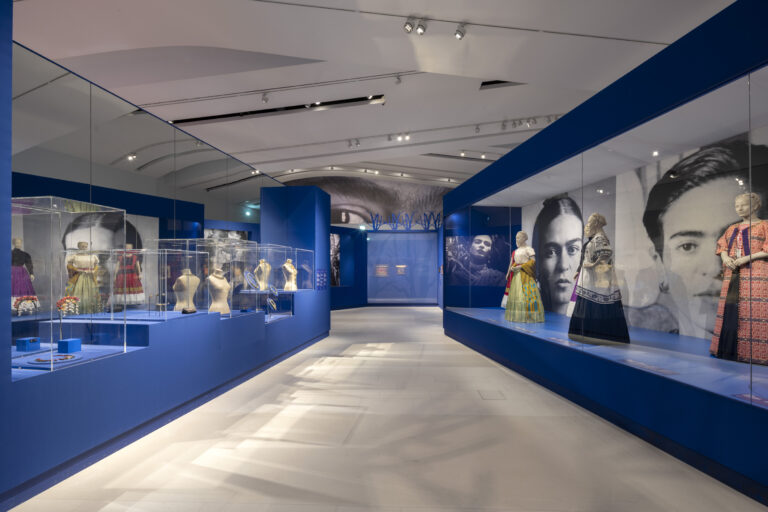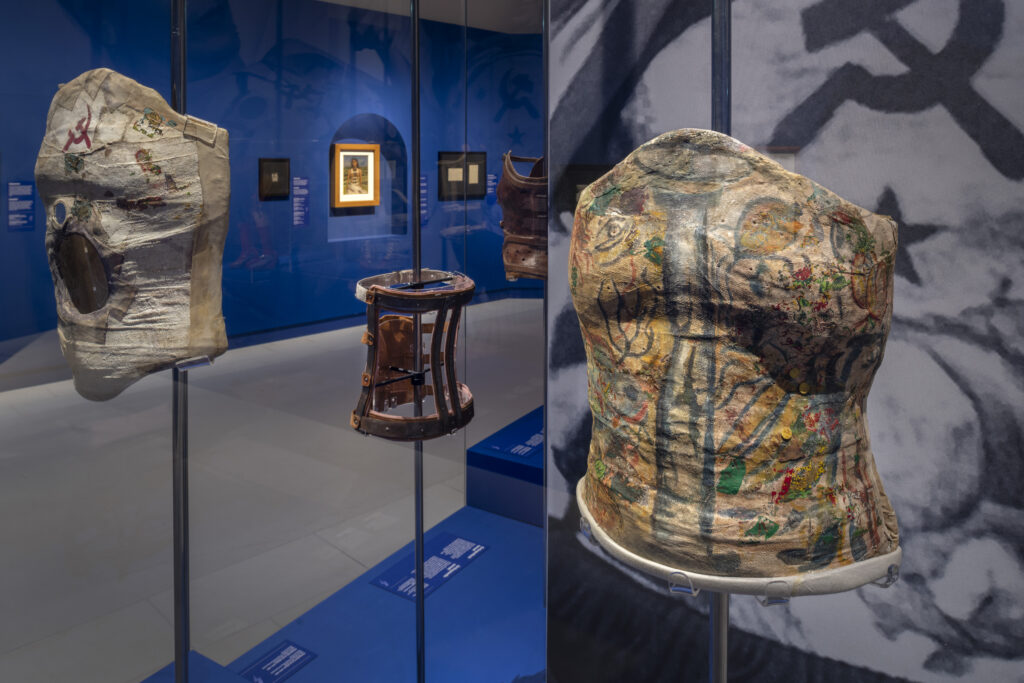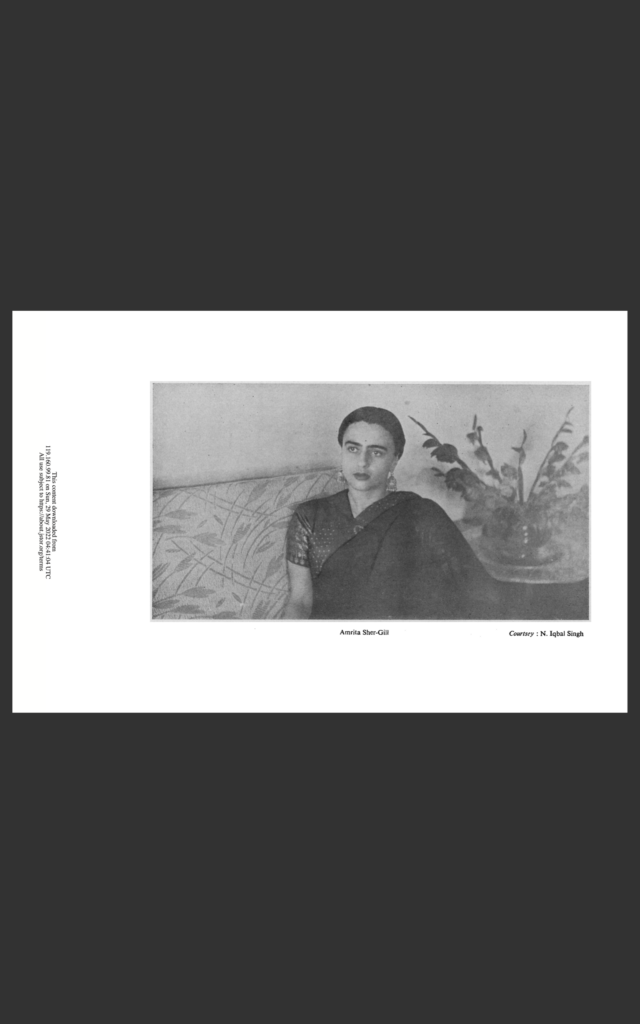By Javokhir Badalov
The state visit of the President of the Republic of Uzbekistan Shavkat Mirziyoyev to the Kyrgyz Republic, which took place on January 26-27 this year, will undoubtedly go down in the history of bilateral relations.
Following the summit, the parties brought relations to the level of a comprehensive strategic partnership. 25 documents were signed, including a protocol on the exchange of instruments of ratification of an agreement on certain sections of the Uzbekistan – Kyrgyzstan state border, the Intergovernmental Program for Strategic Trade and Economic Partnership for 2023-2025, and others.
In my opinion, one of the key events of the visit was the achievement of an agreement on the construction of the Kambarata HPP-1. In particular, on the eve of the meeting of the heads of state, an investment agreement was signed between Uzbekistan and Kyrgyzstan. Earlier on January 6 this year, in Bishkek, Uzbekistan, Kazakhstan and Kyrgyzstan signed a roadmap for the implementation of the project. The construction of a dam with a height of 256 m and a reservoir with a capacity of 5.4 billion cubic meters is envisaged. The HPP is expected to generate 5.6 billion kWh of electricity per year.
This is a flagship project not only for the countries involved, but for the entire region as a whole. Its successful implementation will lay the foundation for the sustainable development of Central Asia by ensuring the economic, energy and food security of the entire region.
A characteristic feature of the HPP – it is the first of its kind joint mega-project in the recent history of the region with the participation of three countries. The parties are joining forces to use the powerful hydropower potential of Central Asia, which is 930 billion kWh a year. At the same time, despite the measures taken, to date, it has been mastered by only 11%.
Of course, the implementation of the Kambarata HPP-1 is becoming increasingly important against the backdrop of a steady increase in Central Asia’s demand for cheap and environmentally friendly energy. This is due to the dynamic growth of the economy and population, the deepening of industrial cooperation in the region.
It is expected that by 2030 electricity consumption in Kazakhstan will be 136 billion kWh (an increase of 21% compared to 2020), in Uzbekistan – 120.8 billion kWh (an increase of 1.7 times), in Kyrgyzstan – more than 20 billion kWh (growth by 50%).
In this vein, the planned HPP will ensure the creation of additional generating capacities that can be integrated into a single energy ring of Central Asia. This will increase the reliability of providing the domestic regional market with cheap electricity. Thus, one more step will be taken toward the formation of a common energy market.
Moreover, the released energy resources can be supplied to the markets of third countries. It is expected that the commissioning of the Kambarata HPP-1 will make it possible to export energy worth $234 million annually.
Last but not least, the implementation of the project will become an important factor in ensuring food security in Central Asia. Irrigation needs will be met through more efficient management of the water resources of the Norin River. This is particularly relevant in summer, when there is a shortage of water due to high temperatures.
Moreover, Uzbekistan and Kyrgyzstan have recently been developing agro-industrial cooperation. Today, both countries are taking measures to implement joint projects for the cultivation of fruits and vegetables, the supply of cattle, and others. The implementation of the project will play an important role not only in providing irrigated lands with water, but also in the uninterrupted supply of industrial facilities with electricity.
The construction of hydroelectric power plants, which are a source of cheap and clean energy, is also a requirement of the times. All over the world, control over the environmental friendliness of goods (primarily the presence of a carbon footprint in them) is being strengthened. In particular, the EU plans to introduce a tax on goods produced with a high level of carbon dioxide emissions in 2026. In this regard, the generation of electricity at hydroelectric power stations will allow Uzbekistan and Kyrgyzstan to bring competitive products made from clean energy to the markets.
The investment agreement on the construction of the Kambarata HPP-1 is also a logical continuation of the high dynamics of cooperation between Uzbekistan and Kyrgyzstan in the water and energy sector.
Despite the issues that have taken place, Tashkent and Bishkek have developed mutually acceptable mechanisms for cooperation in this area. A seasonal energy exchange was established between the countries, according to which Uzbekistan supplies electricity to a neighboring country in spring and autumn, while Kyrgyzstan returns it in summer.
As a result, agriculture in Uzbekistan receives the necessary amount of water, and in Kyrgyzstan – the possibility of accumulating water for its use at the right time.
To more effectively coordinate these and other processes, the Joint Water Commission began its work in August 2022. It is noteworthy that already at its first meeting, an interdepartmental Agreement on cooperation on water management issues was signed.
Moreover, our country is actively involved in the supply and transit of electricity to Kyrgyzstan. Thus, Uzbekistan not only supplies electricity to Kyrgyzstan, but also through its energy networks ensures the transit of electricity from Turkmenistan, the volume of which in 2021-2022 exceeded 1 billion kWh.
There is no doubt that the tripartite project for the construction of the Kambarata HPP-1 is evidence of a new regional dynamic. Earlier, Uzbekistan and Tajikistan began construction of two hydroelectric power stations on the Zarafshan River. All this shows that mutually beneficial cooperation in the water and energy sector in Central Asia can serve as a unifying factor.
The parties demonstrate the ability to constructively resolve even the most complex issues by finding mutually acceptable compromises. Such cooperation can become an exemplary model for other regions experiencing similar problems.
In general, the agreements reached following Shavkat Mirziyoyev’s state visit to Kyrgyzstan are unprecedented. They will certainly open a new page in relations between the two fraternal countries and peoples, contribute to ensuring security, stability and sustainable development throughout the Central Asian region.
About the author:
Javokhir Badalov is a Leading Researcher at the ISRS, under the President of the Republic of Uzbekistan.

